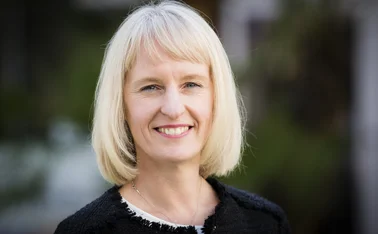
Power hour: Access to underwriters

With insurers moving back into the regions and an increased use of technology, our panel of experts discuss if access to underwriters is improving. Andrew Pearce reports
How difficult is it to recruit and retain underwriting specialists outside of London?
▶ Paul B: Our head office is in Gloucester but it is not one of the major conurbations [so] it is difficult to get the right talent. We do put quite a lot of effort into growing our own and we have had success with that. But, increasingly, we are having to be flexible about how we get the talent in, how we work with them and where they work from.
▶ David: As insurers have reduced their local presence and
Only users who have a paid subscription or are part of a corporate subscription are able to print or copy content.
To access these options, along with all other subscription benefits, please contact info@insuranceage.co.uk or view our subscription options here: https://subscriptions.insuranceage.co.uk/subscribe
You are currently unable to print this content. Please contact info@insuranceage.co.uk to find out more.
You are currently unable to copy this content. Please contact info@insuranceage.co.uk to find out more.
Copyright Infopro Digital Limited. All rights reserved.
As outlined in our terms and conditions, https://www.infopro-digital.com/terms-and-conditions/subscriptions/ (point 2.4), printing is limited to a single copy.
If you would like to purchase additional rights please email info@insuranceage.co.uk
Copyright Infopro Digital Limited. All rights reserved.
You may share this content using our article tools. As outlined in our terms and conditions, https://www.infopro-digital.com/terms-and-conditions/subscriptions/ (clause 2.4), an Authorised User may only make one copy of the materials for their own personal use. You must also comply with the restrictions in clause 2.5.
If you would like to purchase additional rights please email info@insuranceage.co.uk







